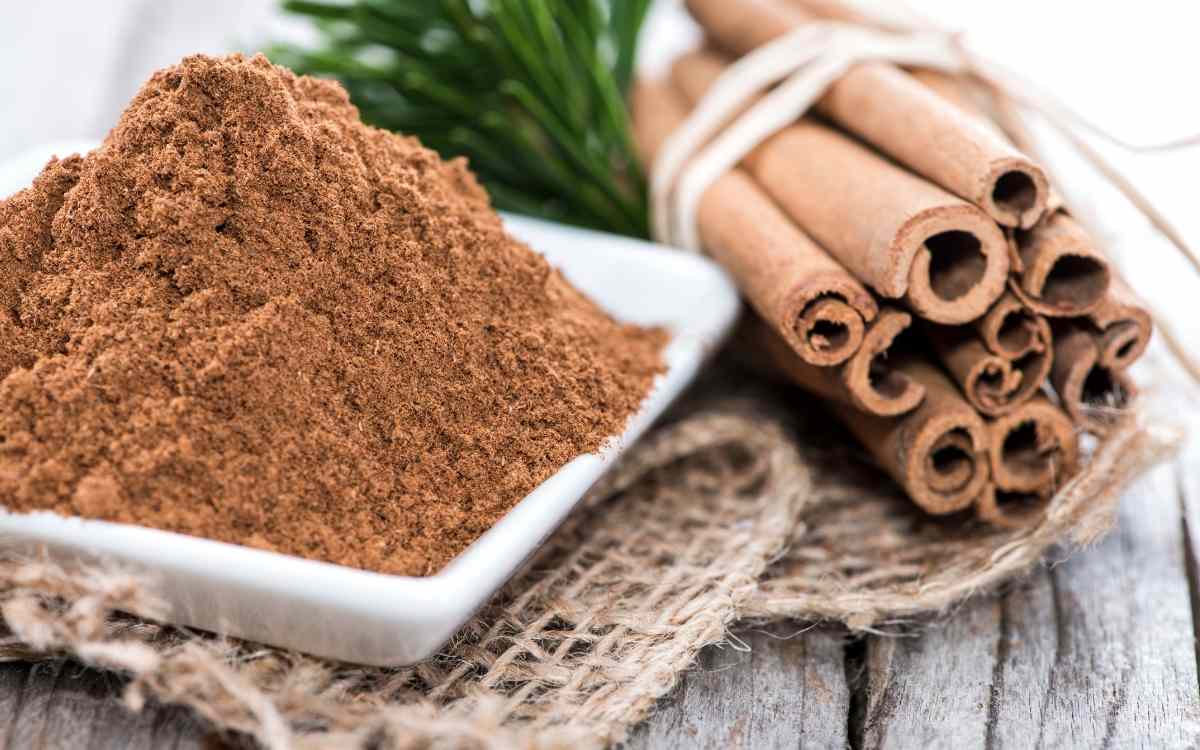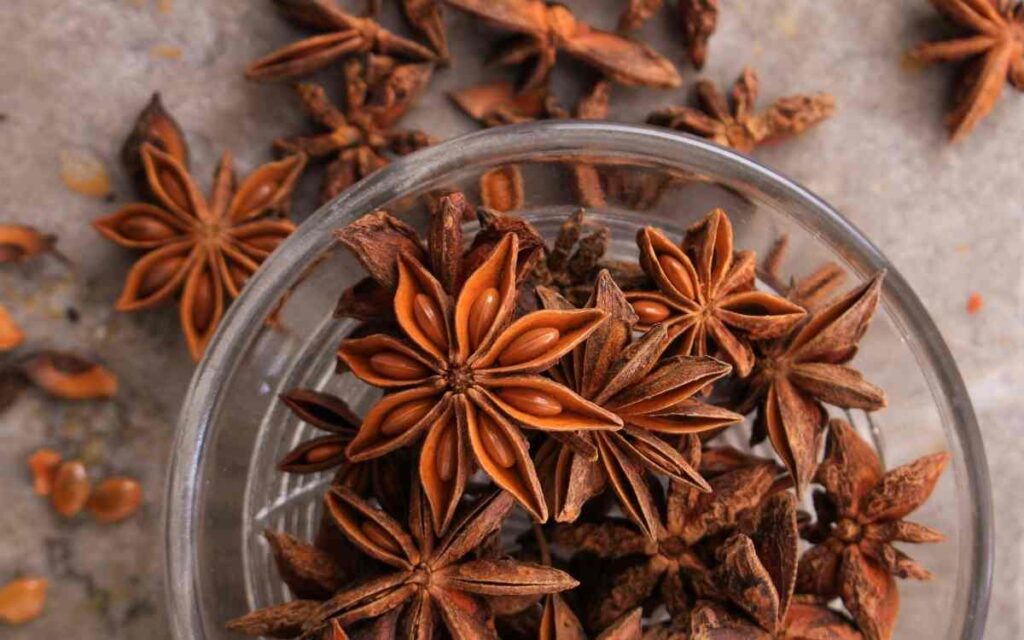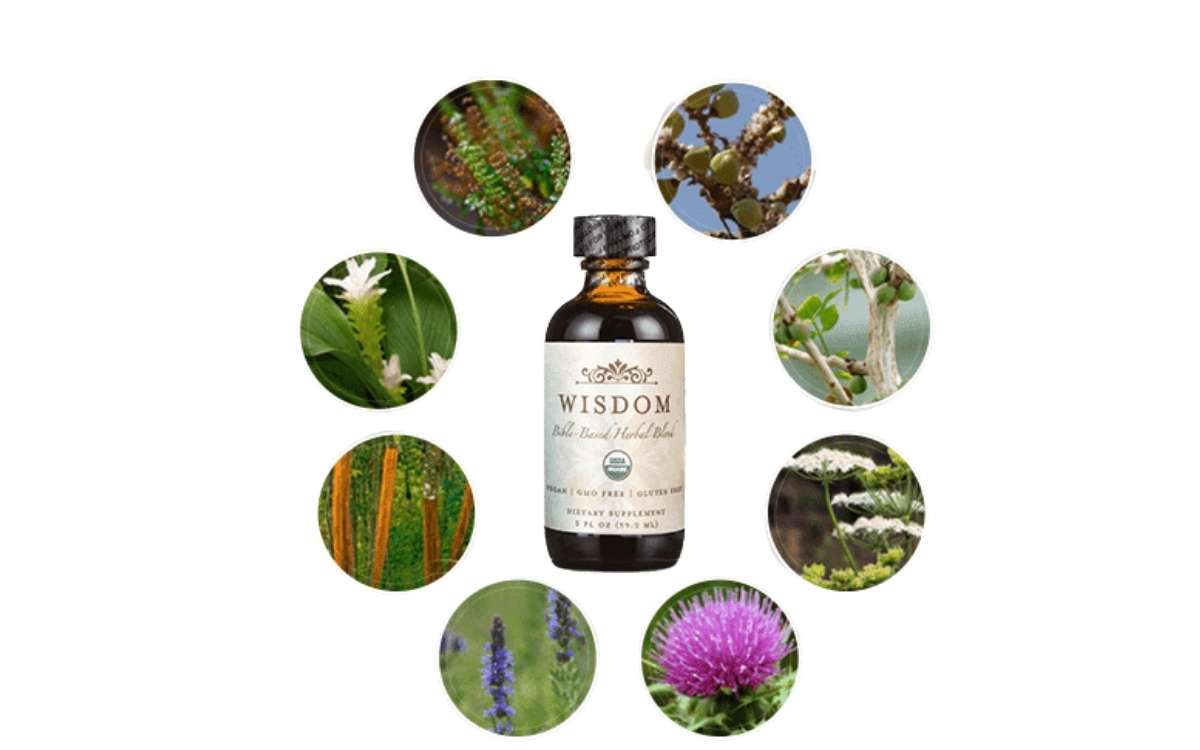Herbs have been used for healing since the beginning of time. Many cultures, including those in the Bible, used herbs to treat a variety of illnesses. While modern medicine has largely replaced the use of herbs, there is still some evidence that they can be effective in treating certain conditions.
In this article, we will explore a few of the most common herbs mentioned in the Bible, including how they were used and what contemporary research has to say about their potential uses.
Herbs for healing in the bible
1) Aloe Vera

Aloe vera is one of the oldest herbal remedies recorded in history, with mentions dating back to around 1500 BC. It was commonly used by the ancient Egyptians, Greeks, and Romans for a variety of purposes, including treating burns, wounds, and skin conditions.
In the Bible, aloe vera is mentioned in John 19:39-40 as being used to embalm the body of Jesus Christ after his crucifixion.
Today, aloe vera is still used to treat a variety of skin conditions, such as psoriasis and wounds. Research suggests that it may also help to promote gut health and reduce inflammation.
2) Cumin
Cumin is a spice that has been used in cooking for thousands of years. It is mentioned in the Bible several times, most notably in Matthew 23:23, where it is described as a spice that was commonly used during the time of Jesus Christ.
Cumin has a strong, earthy flavor and is often used in Middle Eastern and Indian cuisine. It is a key ingredient in many curries and chili dishes. Cumin can be used whole or ground and is available fresh, dried, or powdered.
Cumin is rich in nutrients, including iron, magnesium, and manganese. It is also believed to have healing properties, and many people use cumin in home remedies for a variety of ailments.
Despite its long history and wide usage, cumin is still an important spice today. Whether you’re cooking your favorite Indian dish or just looking for a flavorful addition to your meal, cumin is definitely worth a try.
3) Cinnamon

Cinnamon is another common spice that is mentioned in the Bible, most notably in Exodus 30:23.
In this verse, cinnamon was one of the ingredients used to make an incense offering to God. This shows that even in ancient times, cinnamon was considered to be a valuable and special spice.
Today, cinnamon is still used in many different ways. It is a common ingredient in baking, and it is also used to flavor many different types of food. Cinnamon can also be used as a decoration, and it is often used in potpourri and sachets.
Cinnamon has been traditionally used for centuries as a natural remedy for a variety of ailments.
It has been shown to have anti-inflammatory and antimicrobial properties, which makes it effective in treating conditions like colds and infections. Cinnamon is also known to help regulate blood sugar levels, making it a helpful tool for managing diabetes.
Cinnamon is a versatile spice that can be used in many different ways. Whether you’re looking to add flavor to your food or seeking a natural remedy for an ailment, cinnamon may be the answer you’re looking for.
So why not try adding some cinnamon to your next dish or using it to treat a cold or infection?
You’re sure to be amazed by the many benefits that this versatile spice has to offer!
4) Myrrh
Myrrh is a resin that comes from the bark of a tree that is native to Africa and Arabia. It has been used for centuries as a natural remedy for a variety of ailments, including colds, coughs, and stomach problems.
In the Bible, myrrh is mentioned several times, most notably in John 19:39, where it was used to embalm the body of Jesus Christ.
Today, myrrh is still used as a natural remedy for a variety of conditions, including colds and stomach issues. It has also been shown to have anti-inflammatory and antioxidant properties, which make it a useful remedy for conditions such as arthritis and heart disease.
5) Anise

The anise plant is a flowering plant in the family Apiaceae and is native to the eastern Mediterranean region and southwest Asia. Anise has been used for thousands of years in traditional medicine and as a flavoring agent in food.
The anise plant has a sweet, licorice-like flavor and is often used to flavor food and drinks. It is also a common ingredient in many different types of liqueurs.
Anise has been traditionally used as a natural remedy for many different ailments, including indigestion, gas, and nausea. It is also believed to have antibacterial and anti-fungal properties, making it useful in treating respiratory infections.
Anise is also mentioned in the book of Matthew 23:23.
If you’re looking for a versatile and flavorful spice, then why not try anise? Whether you’re cooking your favorite dish or seeking relief from a common ailment, this ancient spice is sure to be a welcome addition to your diet!
6) Hyssop
Hyssop is a plant in the mint family that is native to southern Europe, Africa, and Asia. It has been used for centuries in traditional medicine and as a flavoring agent in food.
Hyssop has a bitter, minty flavor and is often used to flavor food and drinks. It is also a common ingredient in many different types of liqueurs.
Hyssop is also mentioned in the Bible, particularly in the book of Psalms 51:7. In this verse, it is used as a metaphor for purification.
“Purge me with hyssop, and I shall be clean; wash me, and I shall be whiter than snow.”-Psalms 51:7.
Today, hyssop is still widely used in traditional medicine to treat various ailments, including coughs and common colds. Since its essential oils are antimicrobial, hyssop can also be used topically to treat minor skin infections or wounds.
7) Garlic
Garlic is a plant in the Allium family that is native to Central Asia. It has been used for thousands of years both as a flavoring agent in food and as a natural remedy for various ailments.
Garlic has a pungent, garlicky flavor and is commonly used to add flavor to food. It is also a common ingredient in many different types of liqueurs.
Garlic has been traditionally used as a natural remedy for many different ailments, including colds, coughs, and stomach problems. It is also believed to have antibacterial and anti-fungal properties, making it useful in treating respiratory infections.
Garlic is mentioned several times in the Bible, most notably in the book of Numbers 11: 4. In this verse, it is used to purify the Israelites after they complained about the lack of food in their diet.
“We remember the fish we ate in Egypt at no cost—also the cucumbers, melons, leeks, onions and garlic.” – Numbers 11:4.
If you’re looking for a flavorful spice with powerful healing properties, then look no further than garlic! Whether you’re seasoning your favorite dish or seeking relief from a common ailment, this ancient spice is sure to be a welcome addition to your pantry.
8) Frankincense
Frankincense is a resin that is extracted from the Boswellia tree, which is native to Somalia, Ethiopia, and Arabia. It has been used for centuries in traditional medicine and as a flavoring agent in food.
Frankincense has a sweet, woody flavor and is often used to flavor food and drinks. It is also a common ingredient in many different types of liqueurs.
Frankincense has been traditionally used as a natural remedy for many different ailments, including colds, coughs, and respiratory infections. It is also believed to have anti-inflammatory and antibacterial properties, making it useful in treating various skin conditions.
It has been mentioned in the bible numerous times, the most significant passage is when it was included in the three gifts that magi brought to baby Jesus after his birth.
Matthew 2:11
“On coming to the house, they saw the child with his mother Mary, and they bowed down and worshiped him. Then they opened their treasures and presented him with gifts of gold, frankincense, and myrrh.”
If you are looking for a natural remedy to help heal your body, frankincense may be a perfect choice.
It is believed to have anti-inflammatory and antibacterial properties, making it useful for treating various skin conditions as well as respiratory infections and colds. So whether you want to flavor your food or drinks, or try using this ancient resin for its healing benefits, give frankincense a try.
You may just find that it is the perfect addition to your natural remedy arsenal.
9) Tulsi – Holy Basil
Tulsi, also known as holy basil, is a plant native to India. It has been used in traditional medicine for thousands of years and has a long history of use in Ayurvedic healing practices.
Tulsi is prized for its strong aroma and flavor and is often used as a seasoning agent in food and drink. It is also commonly found in the form of herbal tea, which is believed to have a number of health benefits, including improved mood and immune function.
Tulsi has been traditionally used as a natural remedy for a wide range of ailments, including colds, coughs, and respiratory infections. It is also believed to have antioxidant and anti-inflammatory properties, making it useful for healing many different conditions.
Tulsi is said to have greeted Christ’s followers at his tomb after his crucifixion- The tomb was unoccupied, yet the countryside around it was covered with tulsi blossoms.
In the fourth century, a hill covered in this fragrant plant was discovered by the mother of Roman Emperor Constantine. According to legend, Christ’s cross was hidden beneath this hill.
10) Turmeric

Turmeric is a spice that is widely used in Indian cuisine and has been used for centuries in traditional medicine. It has a warm, earthy flavor and is often added to curries, stews, soups, and other dishes for its rich taste and health-promoting properties.
Turmeric has long been revered for its medicinal properties and is believed to be a powerful anti-inflammatory and antioxidant. It is also thought to boost brain function and improve mood.
In fact, King Solomon used this herb to describe his bride in Song of Solomon 4:13-14.
He said,
“Your branches are an orchard of pomegranates with the choicest of fruits, with henna and nard, 14 with nard and saffron, with calamus and cinnamon, with every kind of frankincense tree, with myrrh and aloes, with all the finest spices”
If you want a blend of all these herbs in a bottle then you may want to try the Wisdom supplement.
What is a Wisdom Supplement?

Wisdom supplement is the world’s first all-natural Bible Based herbal supplement. It is a blend of some of the most famous and powerful herbs mentioned in the Bible, including frankincense, turmeric, tulsi, and many others.
Created by Dr. Patrick Gentempo; a world-renowned chiropractor, a multiple patent-holder for healthcare technologies, documentary filmmaker, and host of Christ Revealed.
This unique supplement is designed to help support your body’s natural healing abilities, boost your immune system, and improve overall health and well-being.
Whether you are looking for a natural remedy to fight colds and respiratory infections, or just want to try something new that is rooted in ancient Biblical wisdom, Wisdom Supplement may be the perfect choice for you. So why not give it a try today and see how it can help you live a more vibrant and healthy life!
How to use Wisdom supplement?
Wisdom supplement is easy to use. There are three effective ways to use wisdom-
1: Just 1-2 Droppers Per Day: Place two tiny droppers on your tongue at any time of the day.
2: Add To Your Salads, Smoothies, or Teas For Extra Flavor: It’s not only great in smoothies, salads, teas, lemonades, or even your morning coffee; wisdom is delicious and may be used to flavor meals and beverages.
3: Apply To Your Skin Before Bed: Apply Wisdom to your skin before going to bed and allow it to tighten, revitalize, and hydrate your complexion while you sleep.
What is the price of the wisdom supplement?
Wisdom supplement is available in three different options-
- 1 month supply: $59 each
- 2 month supply: $49 each
- 6 month supply: $39 each
Wisdom supplement also comes with a 180-day money-back guarantee. If you don’t like it, simply return the empty container and get a full refund.
Visit Wisdom Supplement Official WebsiteWhat are the benefits of Wisdom Herbs for healing in the Bible?
Here are some benefits of Wisdom: Herbs for healing in the Bible
1) Reduce inflammation Helping relieve joint pain: Wisdom is rich in curcumin, a powerful antioxidant that has strong anti-inflammatory properties. This makes it effective at reducing joint pain and swelling associated with conditions like arthritis. (1)
2) Regulate Your Stress Hormones Giving you peace and serenity: Wisdom helps to regulate the stress hormone cortisol. When cortisol levels are high, it can lead to feelings of anxiety and stress. But when cortisol levels are low, you will feel calm and relaxed.
Wisdom is a powerful healer, and it can help you live a healthier lifestyle. By regulating your hormone levels, you can reduce the risk of developing stress-related diseases like heart
3) Revitalize Your Skin: It is no secret that stress and poor diet can wreak havoc on your skin, causing blemishes, fine lines, and wrinkles. But by incorporating these herbs for healing in the bible into your daily routine, you can help improve the health of your skin from the inside out. Rooted in traditional medicine, these herbs for healing in the bible have been used for centuries to treat a variety of common illnesses.
4) Detox Your Body: Wisdom contains powerful antioxidants that can help detox your body and improve overall immune function. By supporting healthy detoxification, you can help flush out harmful toxins from your system
5)Fortify The Immune System: Wisdom herbs for healing in the bible are a great way to fortify your immune system and keep your body healthy.
6) Help Regulate Weight and Metabolism: If you are struggling with your weight, then you may benefit from using Wisdom herbs for healing in the bible. These powerful herbs have been shown to help regulate weight and metabolism, making it easier to achieve your weight loss goals.
Conclusion
If you just look at the healing methods used in the Bible, it is really amazing. The Bible is filled with numerous herbs and plants that can be used for medicinal purposes. While some of these herbs may not be as effective today, they could still hold some value in medical science.
Despite all this, the Bible also talks about prayer and faith. These are necessary factors when it comes to healing, and no herb or plant could ever substitute that.
Even though the Bible talks about various herbs, it is important to remember that God works in mysterious ways. The Holy Spirit has miraculous powers and can perform healings without any help from us or herbs. So we must continue to pray, have faith, and trust in the Lord while using herbs for healing purposes.
At the end of this research, it is safe to say that there are various herbs for healing in the Bible.
However, we must remember that the ultimate decision on whether or not to use these herbs lies with God. We should ask for His guidance and wisdom in order to make the best decision for our health and well-being.
Visit Wisdom Supplement Official Website







